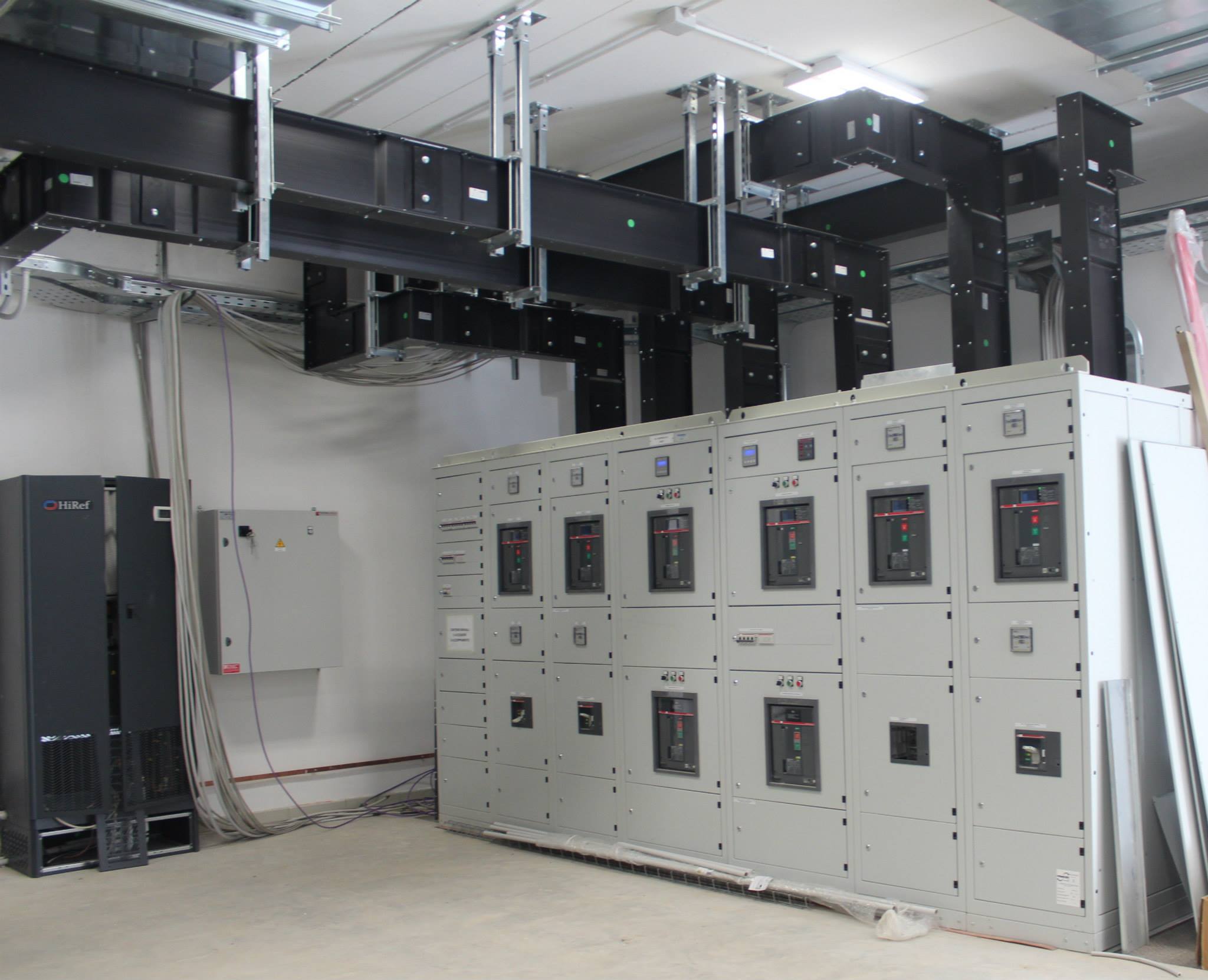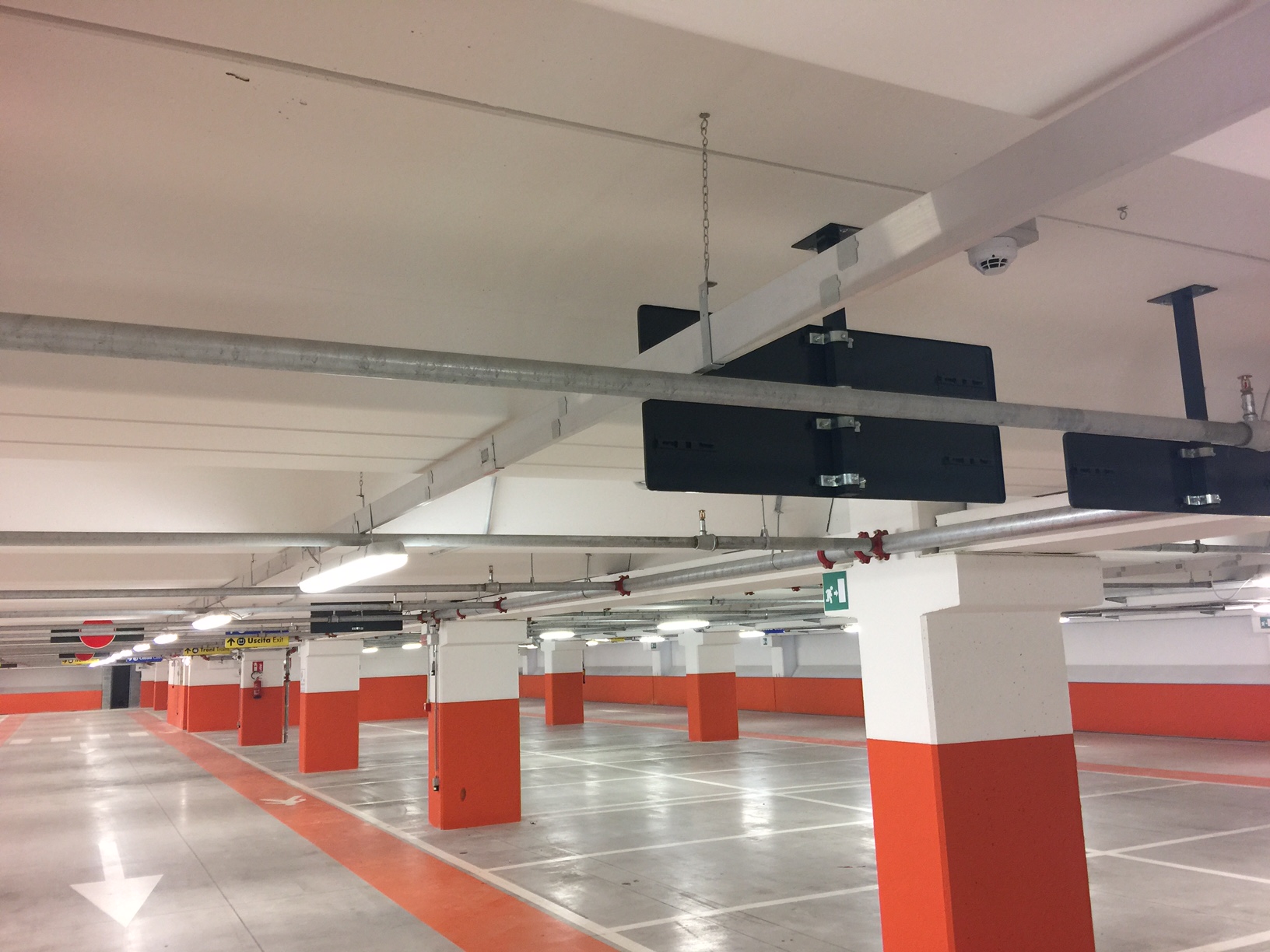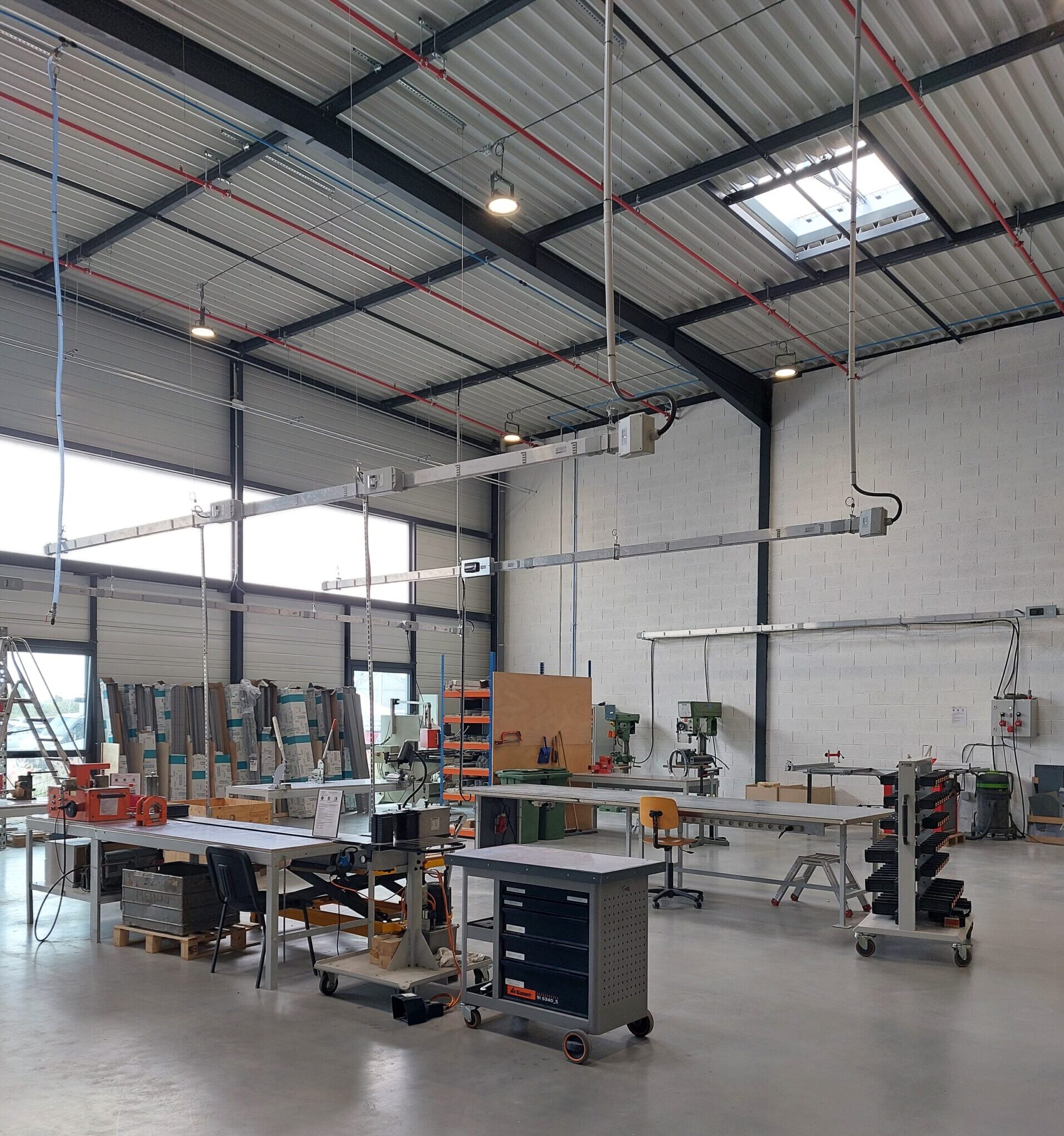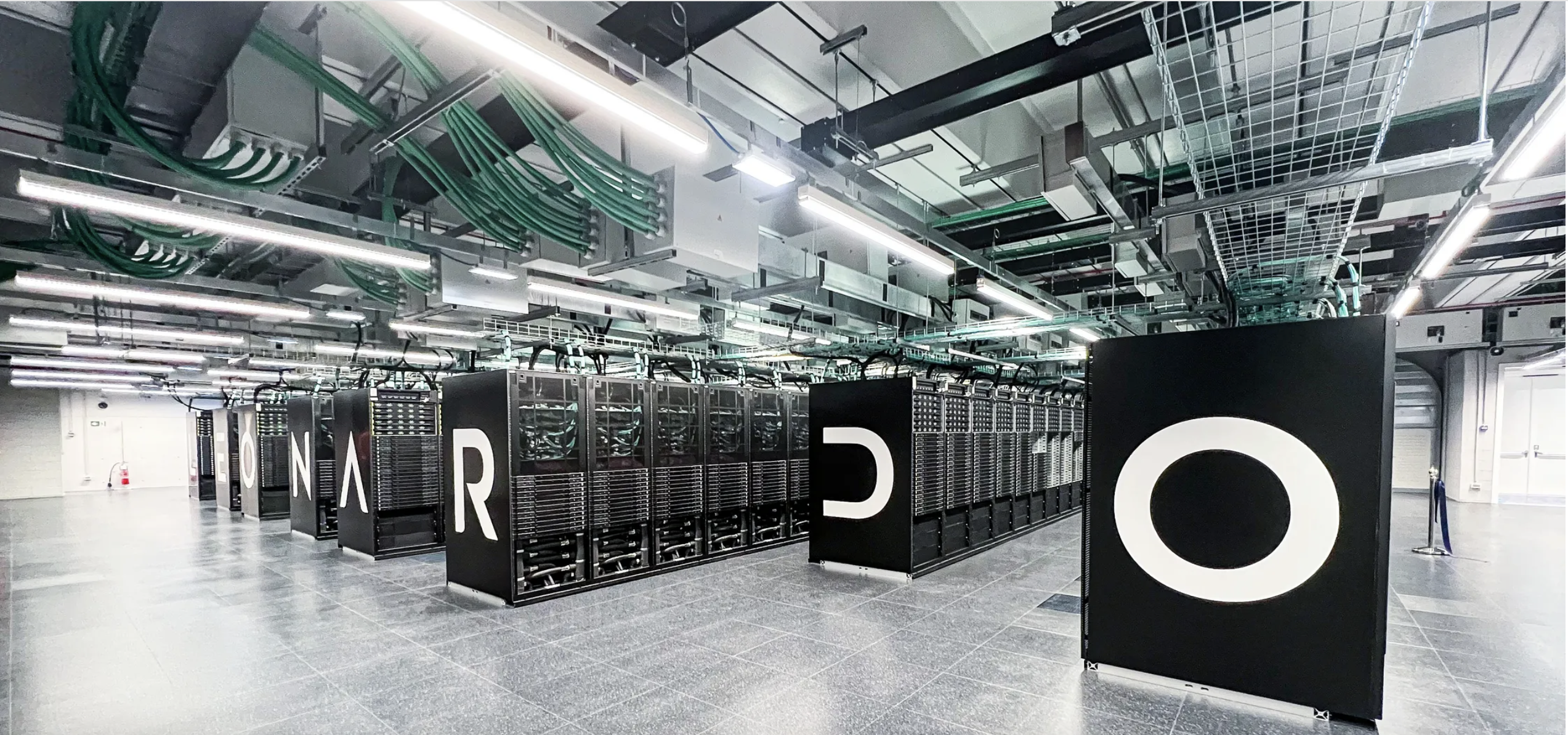The choice of a duct weir directly influences safety, continuity of service and total cost of ownership (TCO) of a plant.
A properly sized and certified system reduces unplanned shutdowns, simplifies future expansions, and maintains stable power distribution under all operating conditions.
In this article we look at the 5 most common mistakes people make when selecting and designing a conduit bar, with practical tips to avoid them and concrete examples of lines Graziadio that make it possible to prevent any critical issues.
Why the busbar conduit is the main element of the distribution
In many industrial facilities, manufacturing plants, logistics, data centers, hospitals, and airports, the conduit bar is the backbone of distribution: it connects switchboards, feeds backbones and process lines, and brings power safely and neatly to where it is needed.
Compared with traditional cables, it offers significant advantages:
- Higher current density
- Neat routes and smaller footprint
- Faster installation
- Modularity and possibility of point derivations
Precisely because it is the heart of the system, errors in selection or sizing can cause overheating, voltage drops, maintenance difficulties, and regulatory noncompliance.
Error 1 – Undersize the flow rate
Problem
Often the busbar conduit is chosen “flush” on current absorption, neglecting:
- Peak loads due to startups or production cycles
- Environmental conditions affecting the permissible flow rate
- Growth margin for future expansion
Risks
Overheating, insulation decay, reduced service life, and nonstandard voltage drops.
How to avoid it
- Collect realistic load profiles
- Apply correct environmental coefficients
- Consider voltage drop and reserve margin
Graziadio Solutions
- GDA/GDR – 63-250 A
- K SERIES – 800-5000 A
- ISOLSBARRA – 630-6300 A e ISOLFLEX – 630-6300 A
- J SERIES – 63-160 A
- PRODUCTOR – 50-400 A
Error 2 – Ignore the installation environment.
Problem
Underestimating IP rating or corrosion resistance can lead to failure and premature degradation.
How to avoid it
- Evaluate humidity, dust, chemicals, washing and temperature
- Choose compatible enclosures and gaskets
- Design paths that avoid water stagnation
Graziadio Solutions
Error 3 – Neglecting short-circuit tightness
Problem
A busbar conduit may be suitable for the rated current but not sufficiently certified to withstand the stresses of a short circuit.
How to avoid it
- Know the assumed short-circuit current and tripping time of protections
- Choose conduits with appropriate type tests for required Icw/Ipk
- Check for proper tightening and grounding
Graziadio Solutions
Mistake 4 – Not designing for flexibility
Problem
“Closed” systems without provision for shunts or extensions force complex and costly interventions.
How to avoid it
- Provide for strategic branch points
- Planning extra flow in critical sections
- Use modular systems
Graziadio Solutions
Mistake 5 – Saving on quality and certification
Problem
A product that is inexpensive but without proper certifications may have hidden costs and operational risks.
How to avoid it
- Verify type testing and documentation
- Check the availability of spare parts
- Rely on qualified technical support
Graziadio Solutions
Use cases and applications
- Manufacturing and automation: GLS, MULTICONDUCTOR, GDA, J SERIES
- Logistics and GDO: K SERIES, GDA/GDR, J SERIES
- Data center: K SERIES, ISOLSBARRA, GDA
- Food industry: ISOLSBARRA, GDA
- Civil infrastructure: GDA/GDR, K SERIES, GLS
Quick checklist
- Load profiles and peaks
- Voltage drop
- Laying environment
- Short-circuit tightness
- Modularity and grip points
- Installation and accessories
- Documentation and certifications
- Parts availability and service
Avoid these 5 mistakes
It means having a safe, continuous and sustainable electrical distribution over time.
Graziadio offers a full range of solutions, from light distribution to high current backbones to medium voltage, with technical support at every stage.
Discover the entire Graziadio range and request a consultation for your installation.





